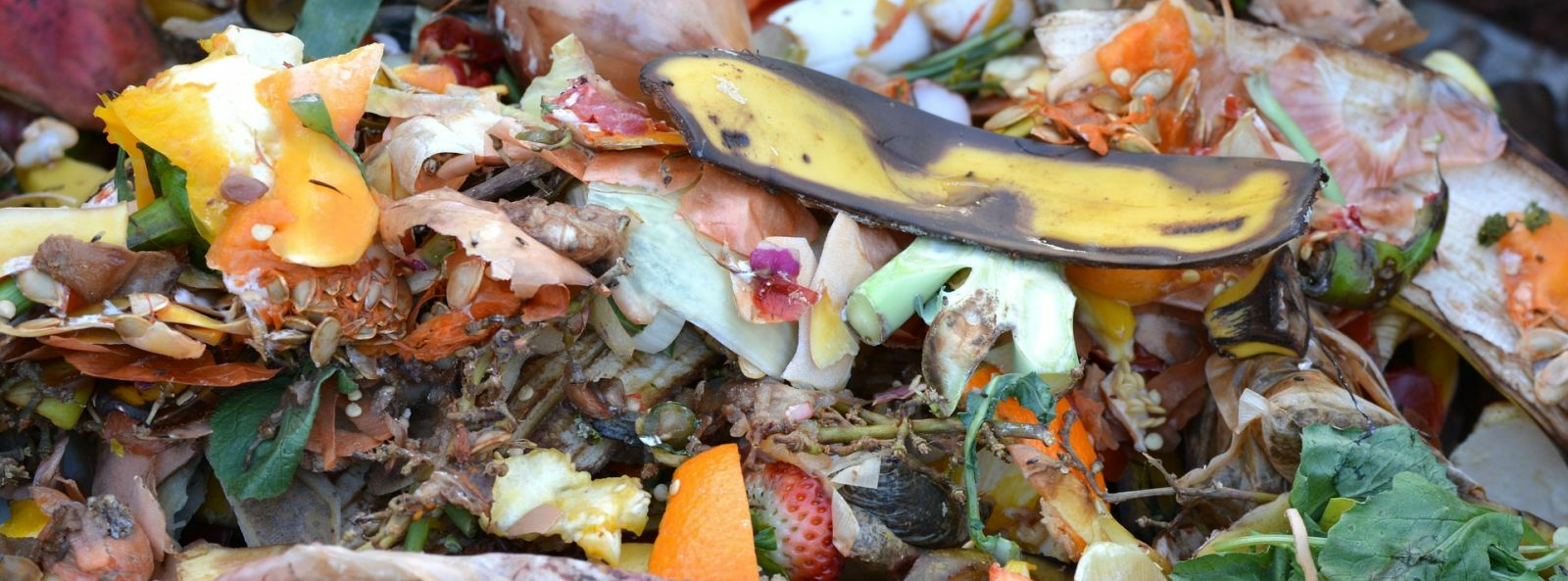
How to Make Compost Tea: Recipe & Tips
Compost tea is a natural organic fertilizer and can be used to prevent fungal diseases. You can find out how to make compost tea and use it in your garden in this article.
This Article Contains:
- What Is Compost Tea?
- Improve Soil With Compost Tea
- Compost Tea for Healthy Plants
- Compost Tea: Your Own Organic Fertilizer
- Compost Tea: Recipe for Organic Fertilizer (According to Dr. Ingrid Hörner)
- Shelf Life of Compost Tea
- Application in the Garden: How to Use It Right
- Frequently Asked Questions About Compost Tea
Quick Overview
Using Compost Tea in the Garden
- Improve soil health naturally
- Strengthen plants with compost tea (protects against fungal diseases in particular)
- Organic liquid fertilizer with long-term fertilizing effect
Making Compost Tea: Recipe
- 1 L/2.1 pt compost to 10 L/21 pt water
- Stir and optionally add molasses or rock flour
- Leave to infuse for 2-3 hours; stir several times
- Alternatively, leave to infuse in a tea bag
What Is Compost Tea?
Compost tea is a cold water extract made from compost or earthworm humus. Humus and compost contain numerous ingredients that accumulate in the water: in addition to nutrients such as nitrogen, potassium and phosphorus, they also contain trace elements, micronutrients, humic acids, effective microorganisms (EM), enzymes and amino acids etc.. Compost tea therefore provides a wide range of plant-strengthening active ingredients and nutrients that promote soil and plant health.
Improve Soil With Compost Tea
Watering compost tea promotes numerous processes in the soil and therefore healthy soil. Effective microorganisms and other ingredients promote biological activity in the soil. This also increases the conversion of organic matter and builds up humus. This in turn improves the soil structure, water retention capacity and nutrient availability. Plant roots can grow best in loose, crumbly soil. Good root growth goes hand in hand with improved water and nutrient uptake. This makes your plants less susceptible to drought stress.
The increased biological activity of microbes has a positive effect on the entire ecosystem. This is because microbes are at the beginning of the soil food web: diversity on a small scale promotes diversity on a large scale . Indirectly, biodiversity also contributes to preventive plant protection, as a healthy ecosystem is inherently less susceptible to diseases and other pathogens.
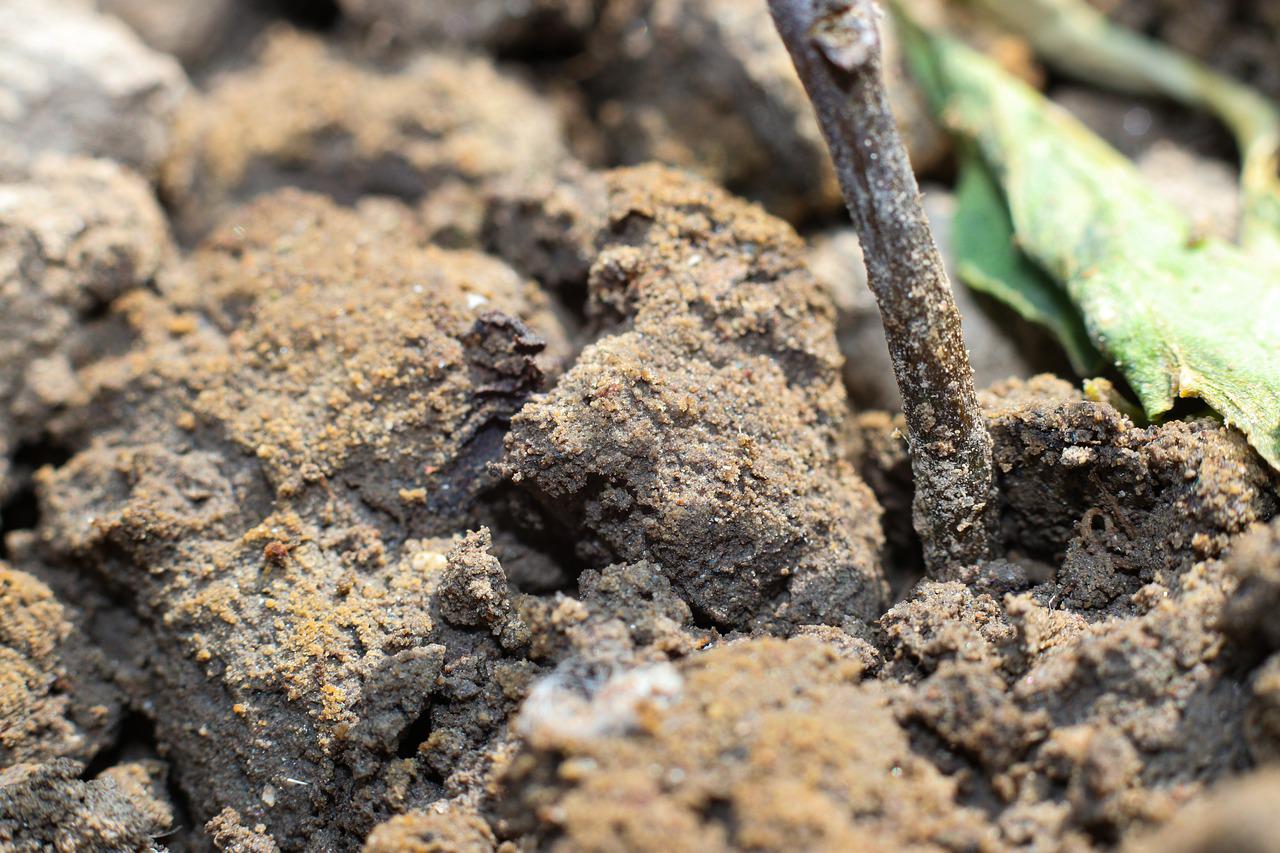
Compost Tea for Healthy Plants
Improved soil health also has a positive effect on plants. On the one hand, their resistance increases due to better growth conditions (root growth, nutrient availability). On the other hand, through so-called induced resistance, which is triggered by various substances in the soil, such as humic substances. The plants become more resistant, especially to soil-borne diseases and fungal diseases.
Spraying the leaves and soil with compost tea also has a direct plant-strengthening effect. "Good" microorganisms colonize the soil, roots and plant surface. This makes it difficult for pathogens such as fungi to colonize and spread on the plant.
Prevent Fungal Diseases
It is important to note that most of the positive effects of compost tea on soil and plants have unfortunately not yet been empirically proven. There are already studies that have found effects, but unfortunately these are often not reproducible. There is only one thing on which there is relative agreement: compost tea is an effective means of preventing fungal diseases such as mildew, gray mold and late blight. It certainly has the potential to reduce the use of fungicides. This is why compost tea is already being used in both organic and conventional agriculture to prevent fungal diseases. However, compost tea mainly has a preventative effect and only a limited effect in the event of an infestation.
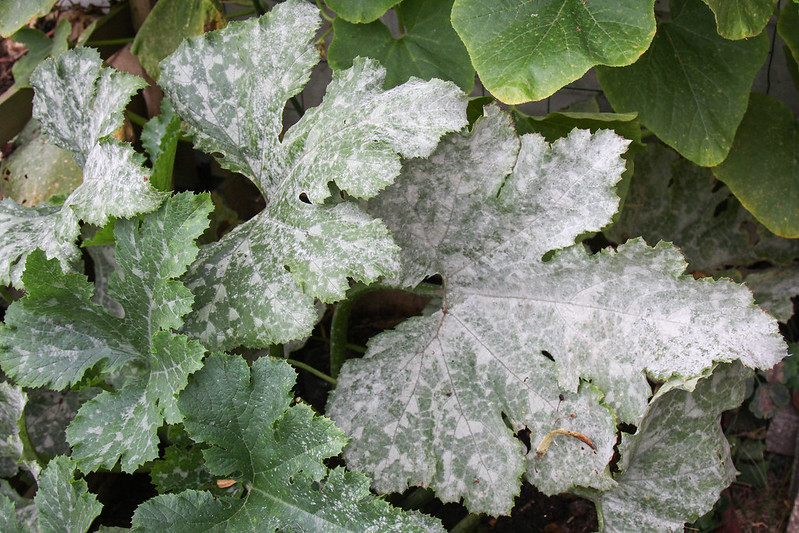
Compost Tea: Your Own Organic Fertilizer
Compost tea itself contains all dissolved nutrients. These are available to plants and can be absorbed directly via the roots and leaves. Therefore, a foliar spray can quickly help with a nutrient deficiency. Indirectly, compost tea improves the soil and increases the decomposition and conversion of organic matter, which also releases plant-available nutrients. Compost tea therefore also has a long-term fertilizing effect.
Compost Tea: Recipe for Organic Fertilizer (According to Dr. Ingrid Hörner)
What You Need:
- 1 L/2.1 pt compost or earthworm humus
- 10 L/21 pt rainwater or well water
- large pot
- optional: 50 g/1.76 fl. oz. molasses (sugar beet syrup), aerator pump (air capacity of approx. 100 L/210 pt per hour for 10 L/21 pt compost tea), rock flour, cotton diaper
Our tip: Numerous microorganisms from the humus are enriched in compost tea. To enrich your garden soil with the most suitable microbes, you should use your own compost or earthworm humus from your garden.
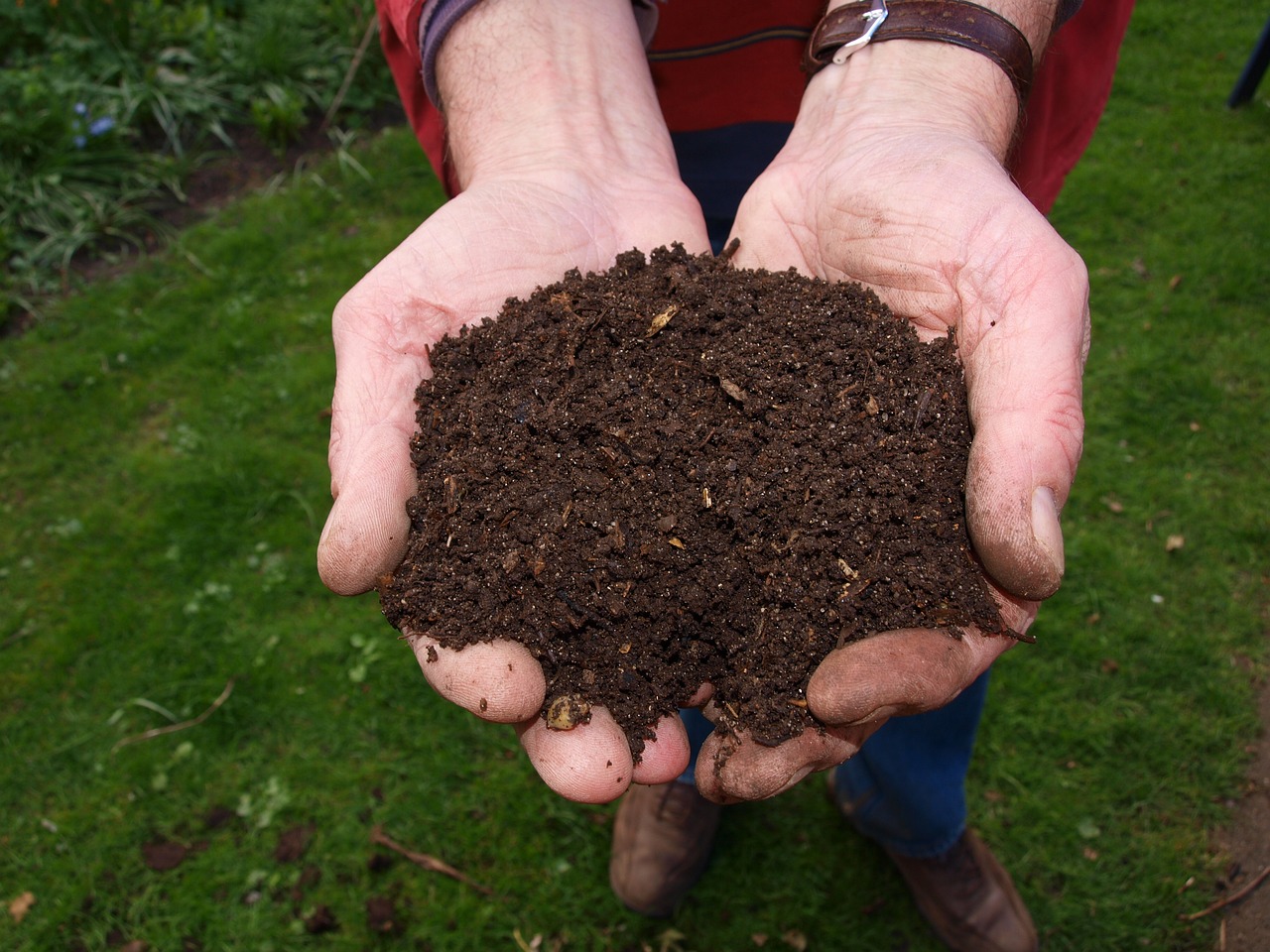
Instructions: Make Your Own Compost Tea
- Mix the compost with the water and stir well.
- Optionally, you can add molasses and rock flour, which you dissolve in lukewarm water beforehand. This provides the microorganisms with additional food and promotes their enrichment in the compost tea.
- Leave the mixture to infuse for about 2 - 3 hours, stirring several times
- When the time is up, give it another good stir and leave the mixture to rest again so that the non-water-soluble parts can settle to the bottom. You can then remove the liquid part and use it.
- Alternatively, you can put the compost in a tea bag or cloth in the water, which has the advantage that you only have the clear liquid. However, you will have to wait longer this way and leave the tea to infuse for at least 12 - 18 hours. You will also need to stir it every now and then to add oxygen.
- Instead of stirring by hand, you can also attach an aerator pump and use it to aerate the mixture. This adds more oxygen, which is beneficial for the development of good, beneficial microbes.
- To further promote the development of the microbes, you should leave the mixture to infuse in a warm place (out of direct sunlight!). Temperatures around 25 ° C/77 ° F are best.
- If you want to use the compost tea as a spray, you should filter it through a cotton diaper beforehand. Otherwise the glands could become blocked.
Our tip: You can also add wild herbs that can be found in any garden to the compost tea. Some wild herbs such as comfrey, field horsetail, valerian or marigold also have plant-strengthening effects.
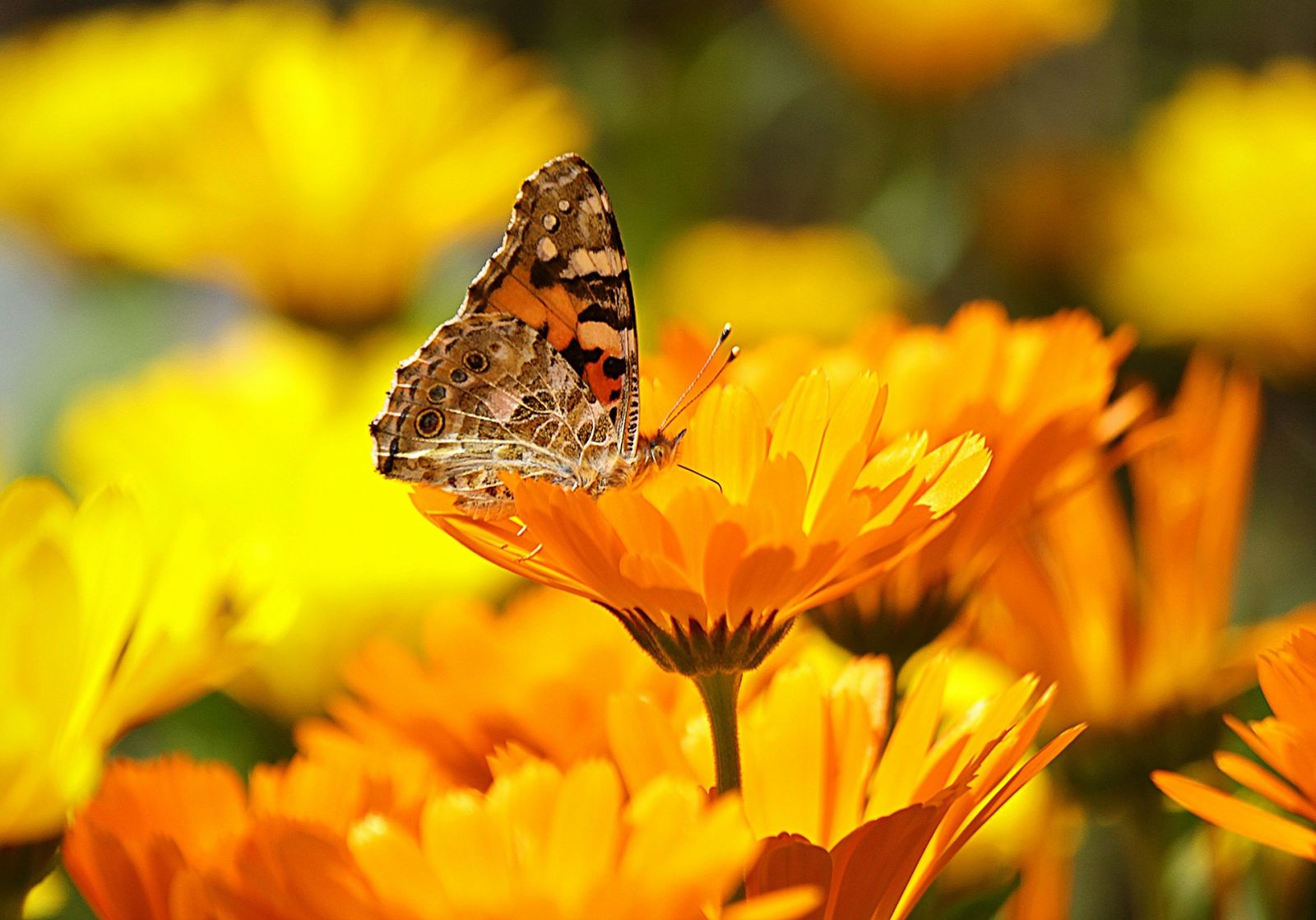
Shelf Life of Compost Tea
Unfortunately, compost tea cannot be stored for long and must therefore always be brewed fresh. You can store the tea for a few days, but you should always stir it a little to add oxygen to the water. The bacteria need oxygen to survive and as soon as this is used up, the tea starts to rot and spoil. You will notice this by an unpleasant, pungent smell. You should then dispose of the compost tea.
Application in the Garden: How to Use It Right
| Application | Application Recommendations |
|---|---|
| as fertilizer | undiluted or diluted with rainwater at a ratio of 1:5; apply to the soil every 1 - 2 weeks; winter fertilization every 4 weeks |
| to strengthen plants | diluted with rainwater at a ratio of 1:10; apply every 1 - 2 weeks as foliar fertilization |
| as soil conditioner | undiluted or diluted with rainwater at a ratio of 1:5; every 2 to 3 weeks |
| as a starter for compost preparation | undiluted or diluted with rainwater at a ratio of 1:1 |
- The problem with using compost tea as a liquid fertilizer is that, on the one hand, the nutrient content can fluctuate greatly. On the other hand, it is difficult to determine the nutrient composition. For this reason, compost tea should be regarded as an additional fertilizer and should be supplemented with other organic fertilizers such as horn meal. You can find out more about Ecological and Organic Fertilization in our article on the subject.
- For hygiene reasons, you should no longer spray compost tea on vegetables or fruit that are about to be harvested. You should stop at least three weeks before the harvest and only water with compost tea.
In addition to compost tea, there are other Plant Strengthening Agents that you can use in your garden: these include organic plant strengthening agents such as Plant Juices, Plant Teas or Decoctions or inorganic agents such as Rock Powders.
Good luck making your own compost tea! If you have any questions or comments, please write to us at [email protected].
Would you like to receive helpful gardening tips all year round and plan your own beds optimally? Then register here or download the Fryd app for Android or iOS.
Fryd - your digital bed planner
Cover picture by Ben Kerckx on Pixabay
Marie
Current Topics in the Community
Liked 1 times
Are you a sausage?
Show 1 answer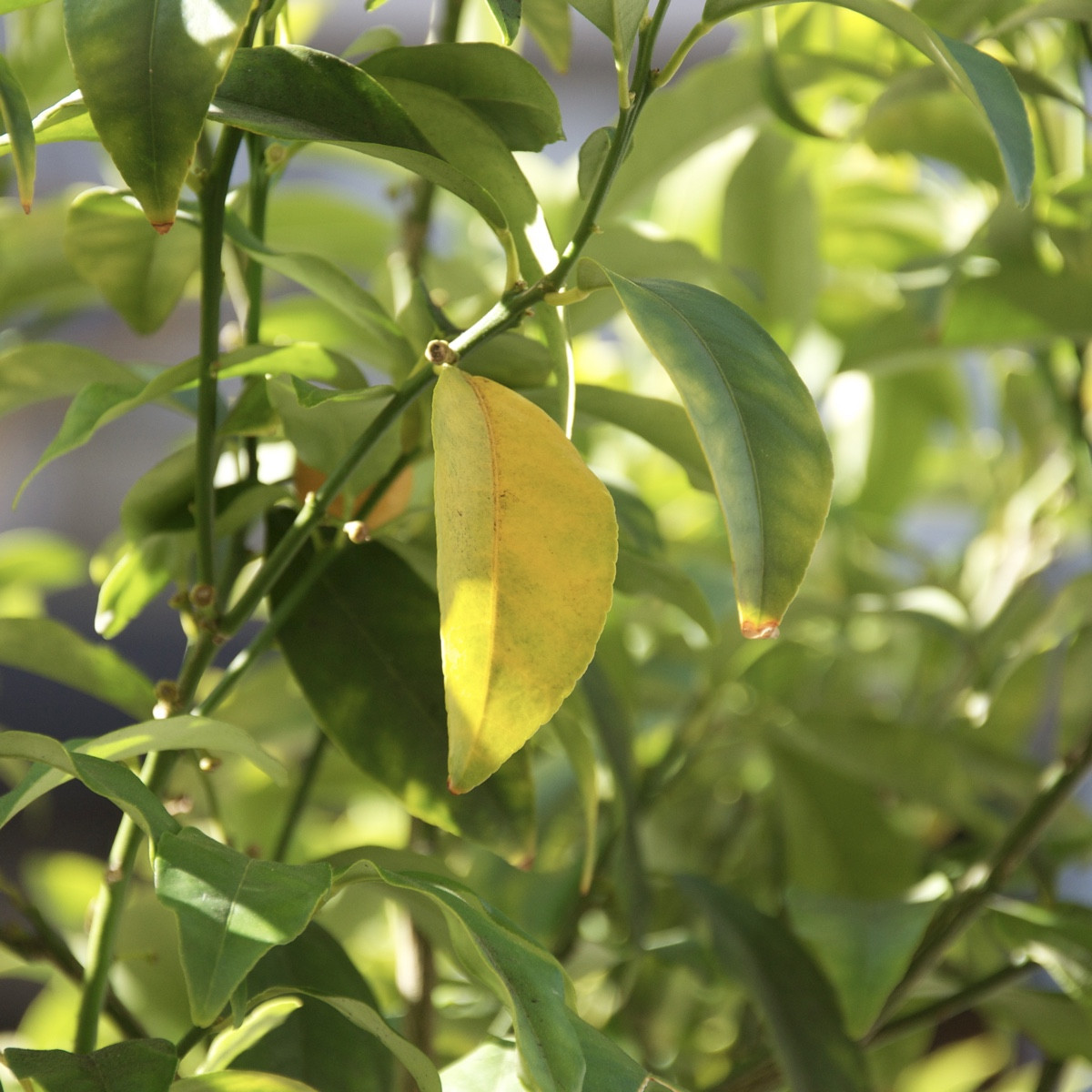
Liked 1 times
My garden
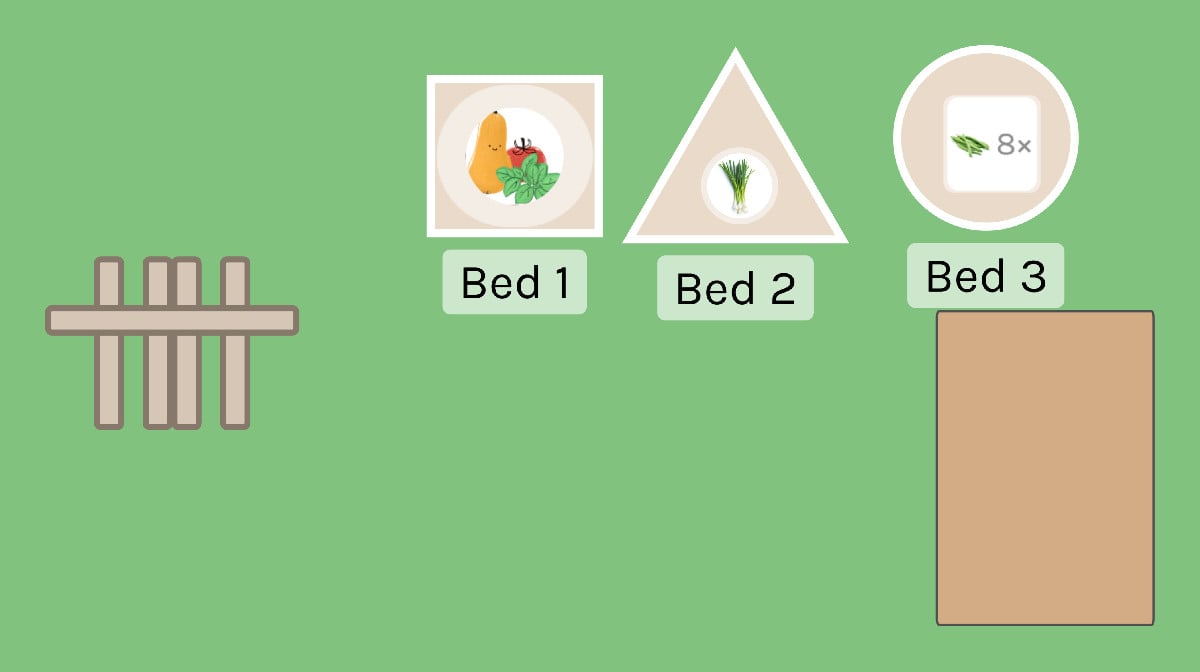
Fab new plan
Popular Articles
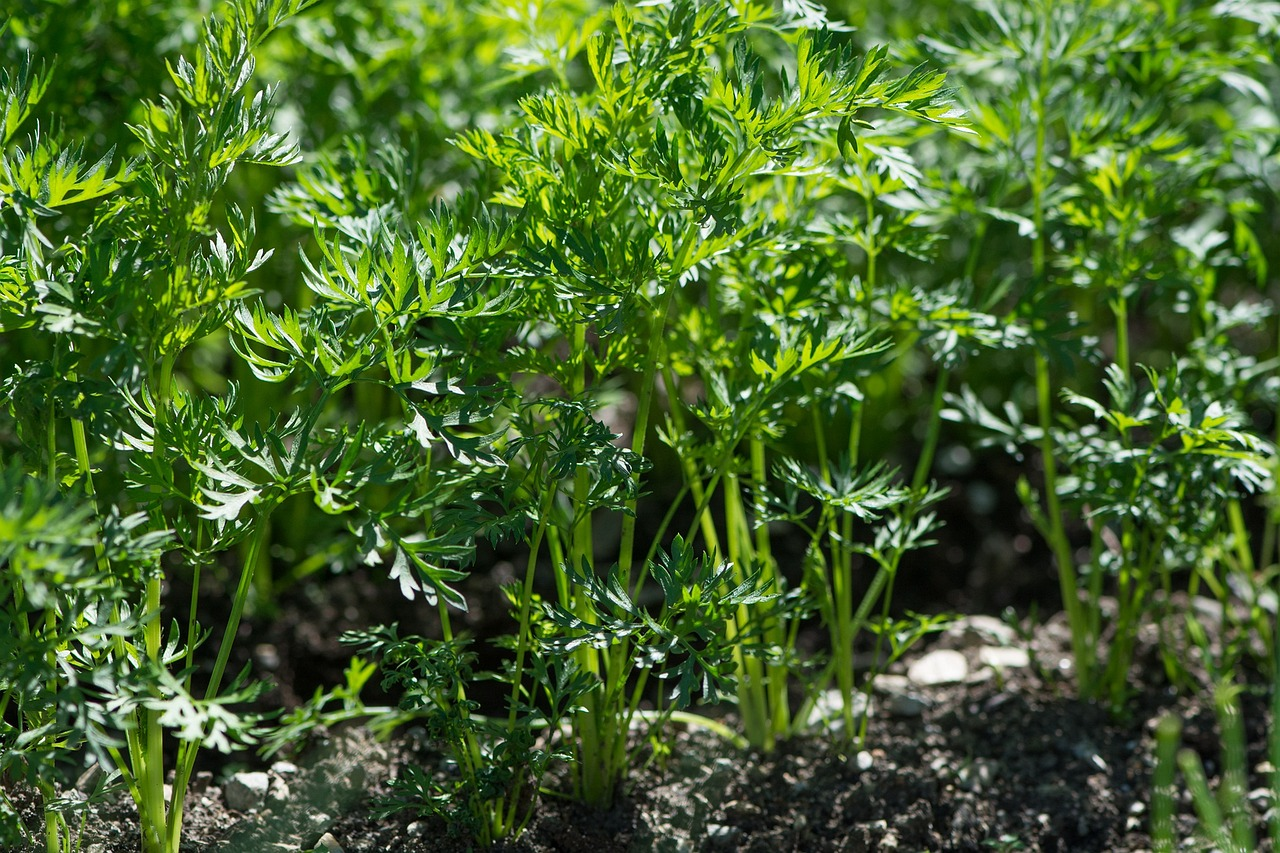
Companion Plants for Carrots: What (Not) to Plant With Carrots
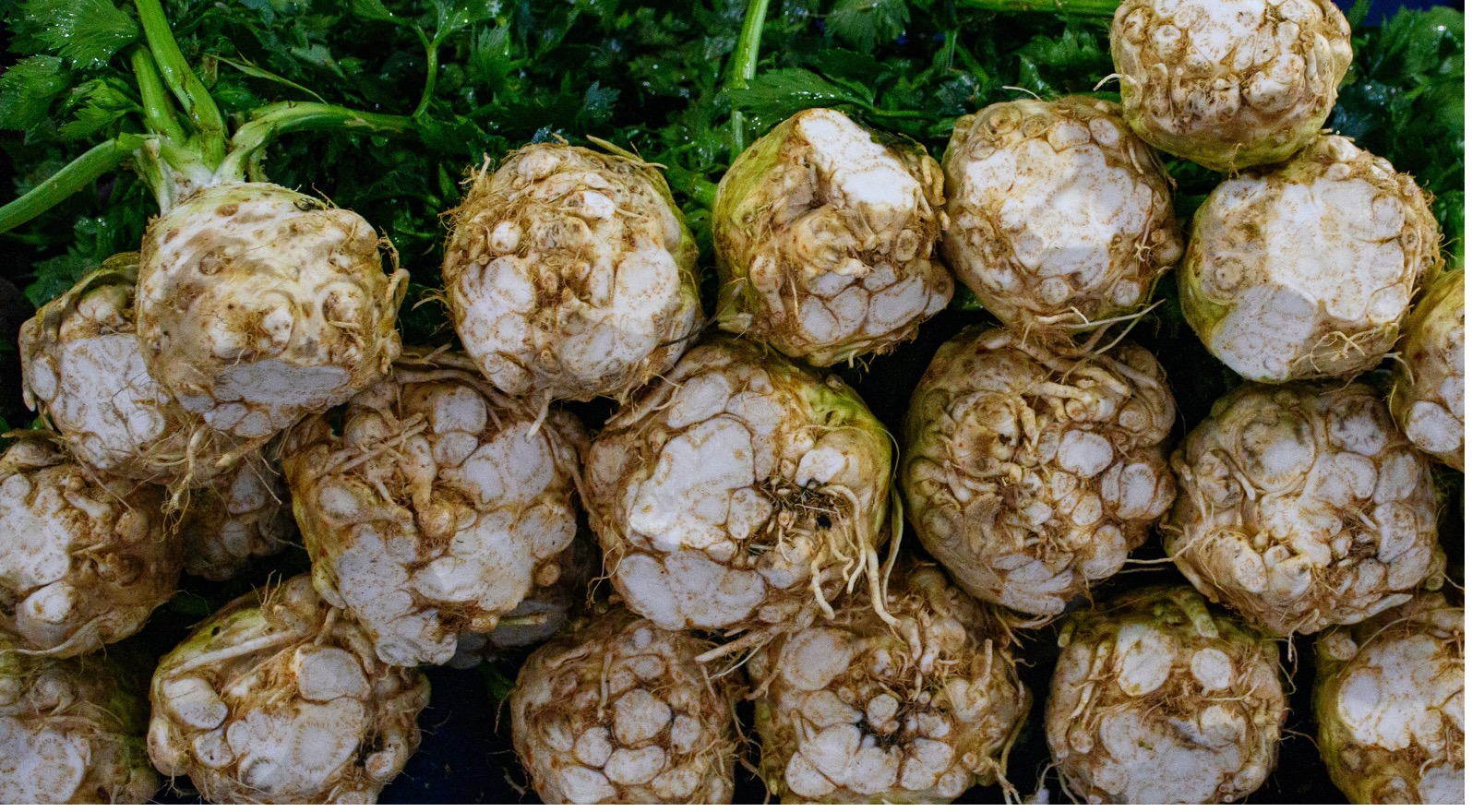
Companion Plants for Celery : What (Not) to Plant With Celery?
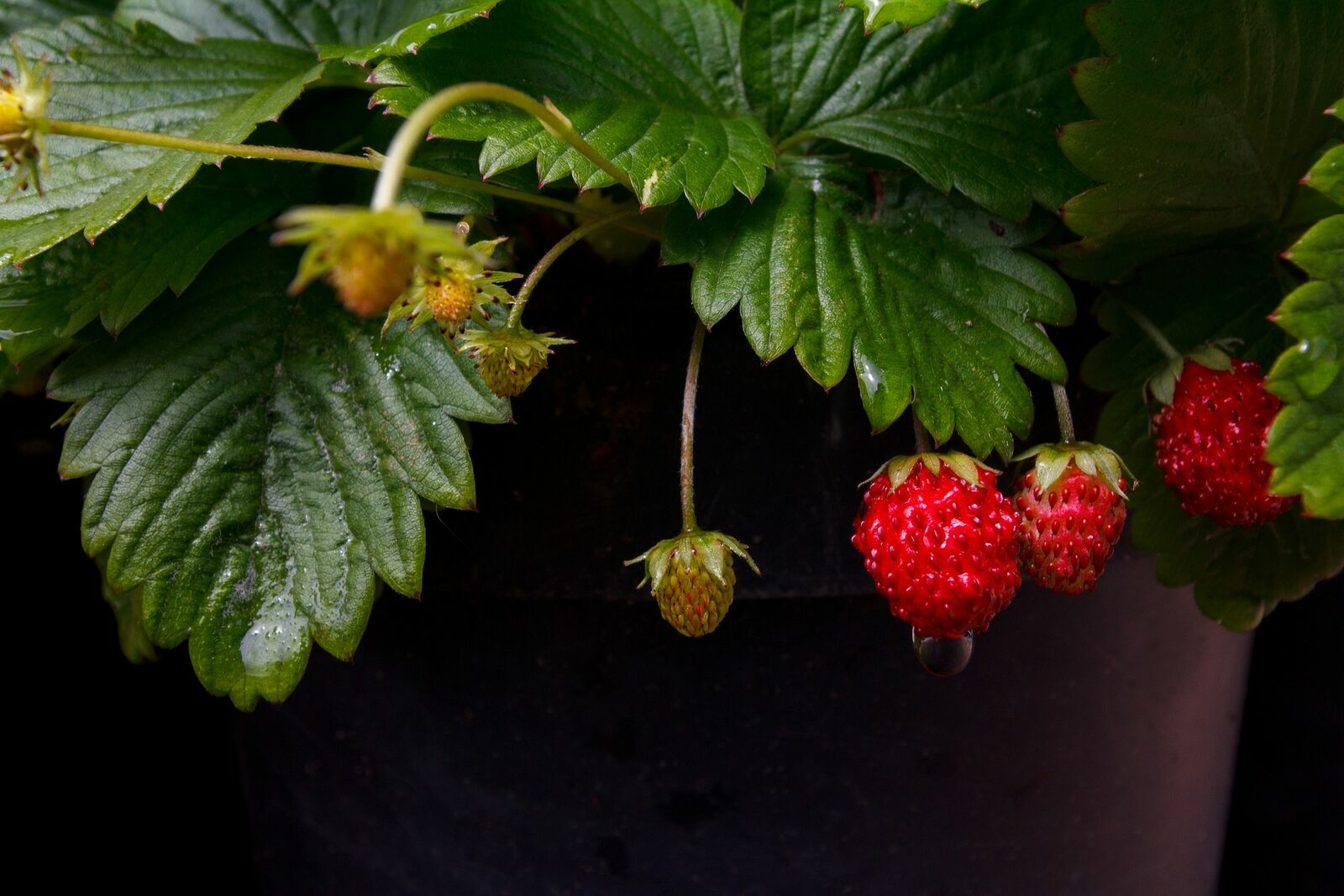
Strawberry Types: List of Best Strawberry Varieties
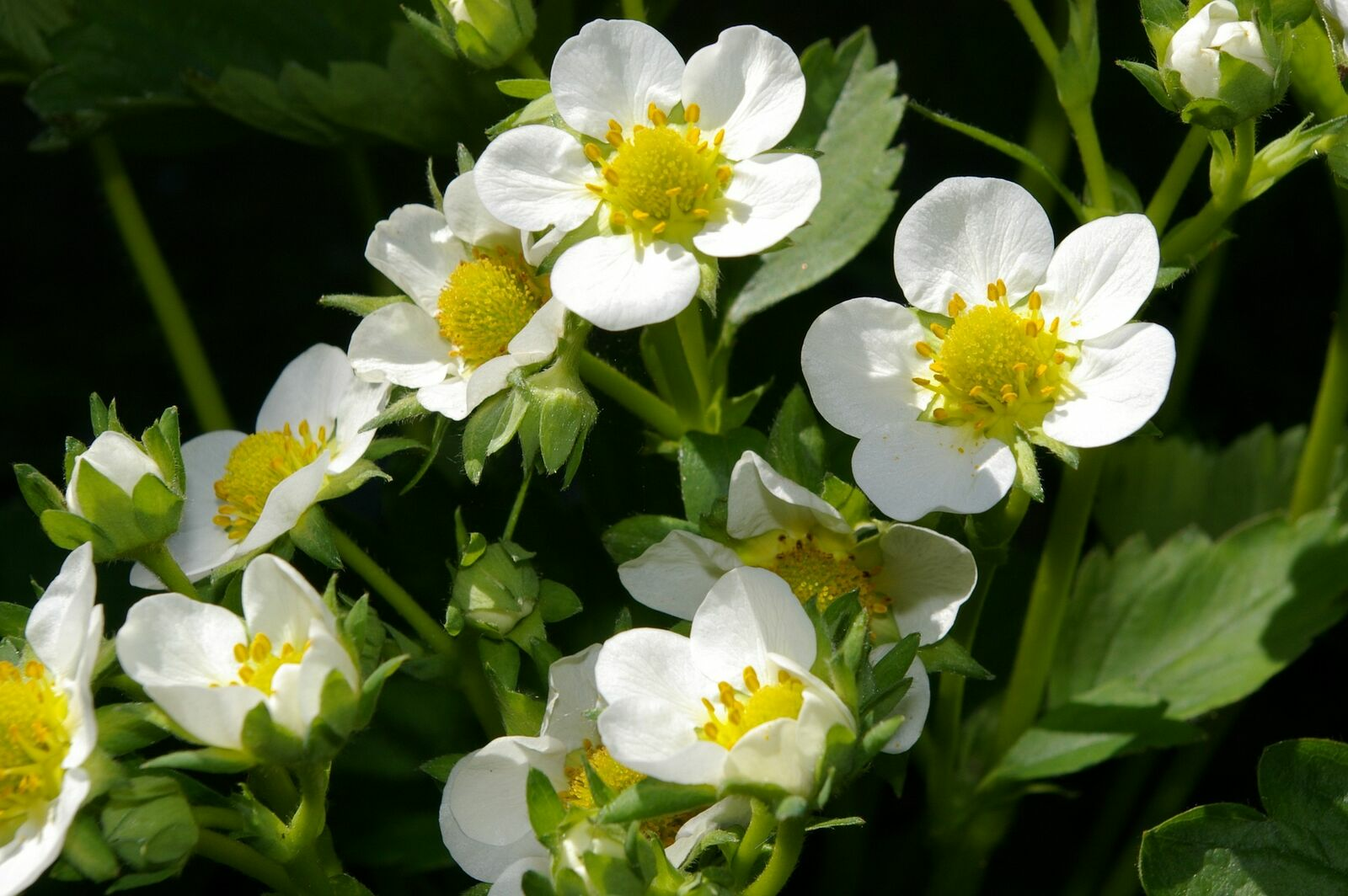
Companion Planting With Strawberries: Companion Plants and Planting Plan
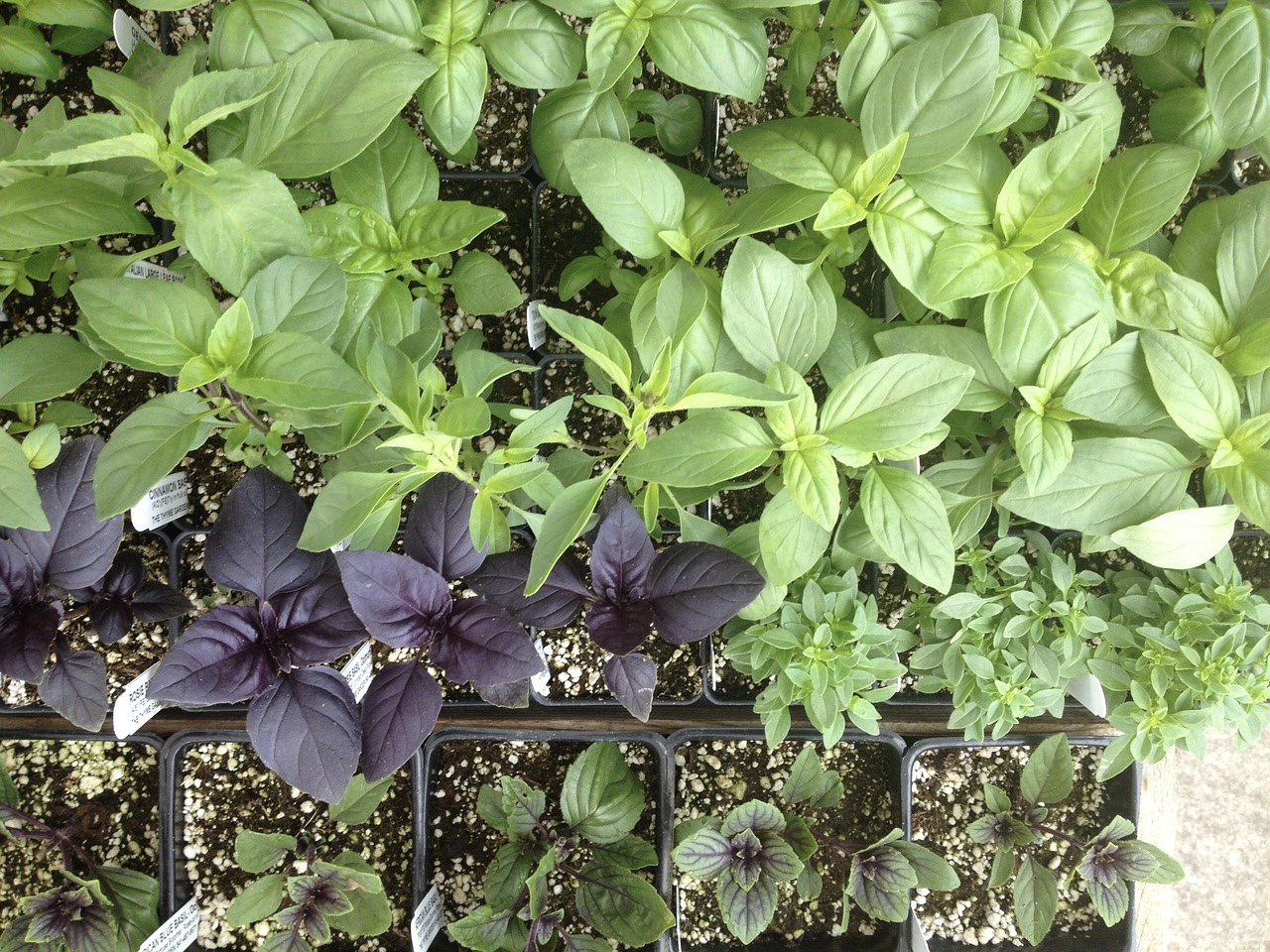
Basil Varieties & Types at a Glance
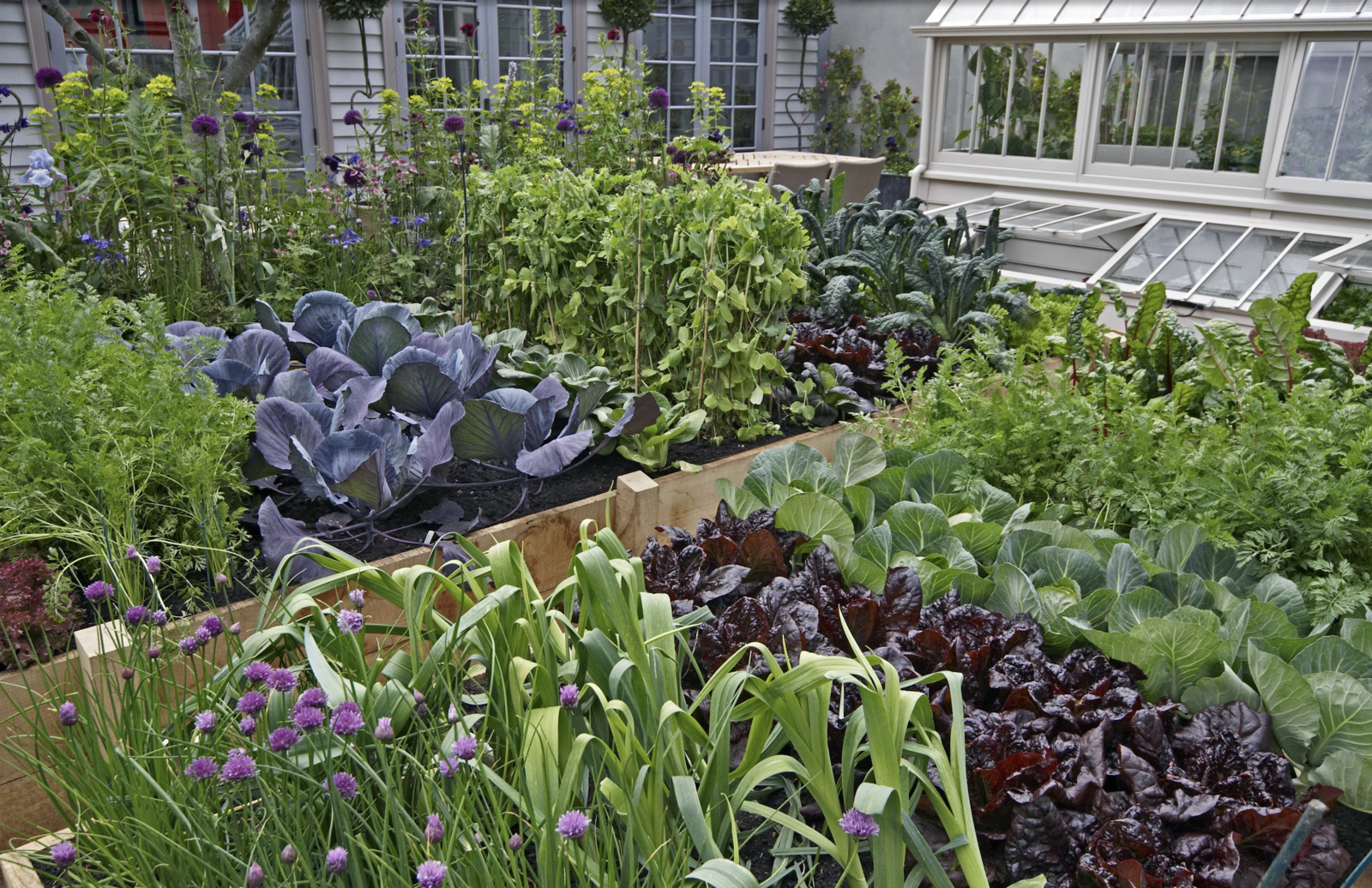
What to Plant With Cabbage: Good and Bad Companion Plants
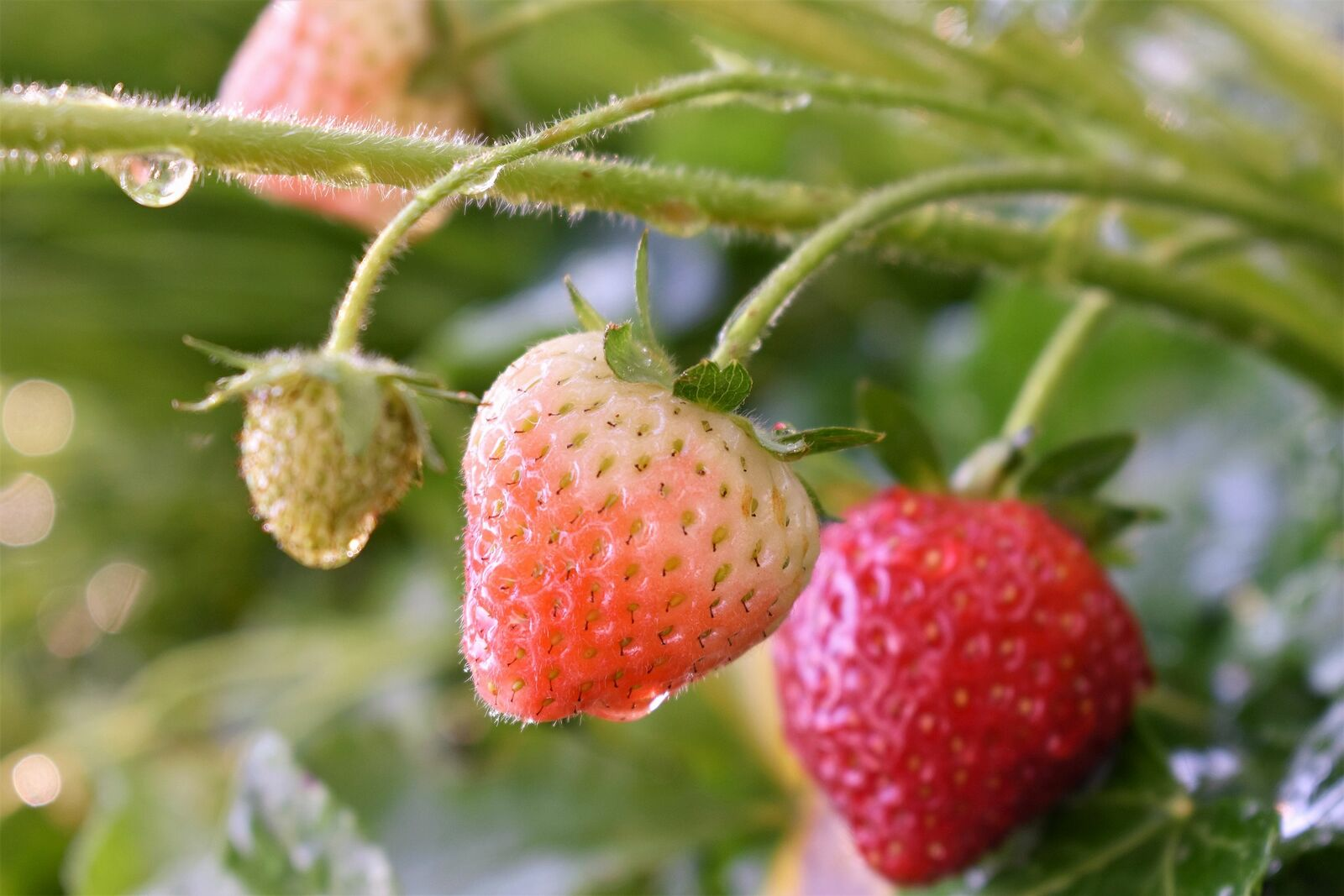
Fertilizing Strawberries: Home Remedies & Natural Fertilizers at a Glance
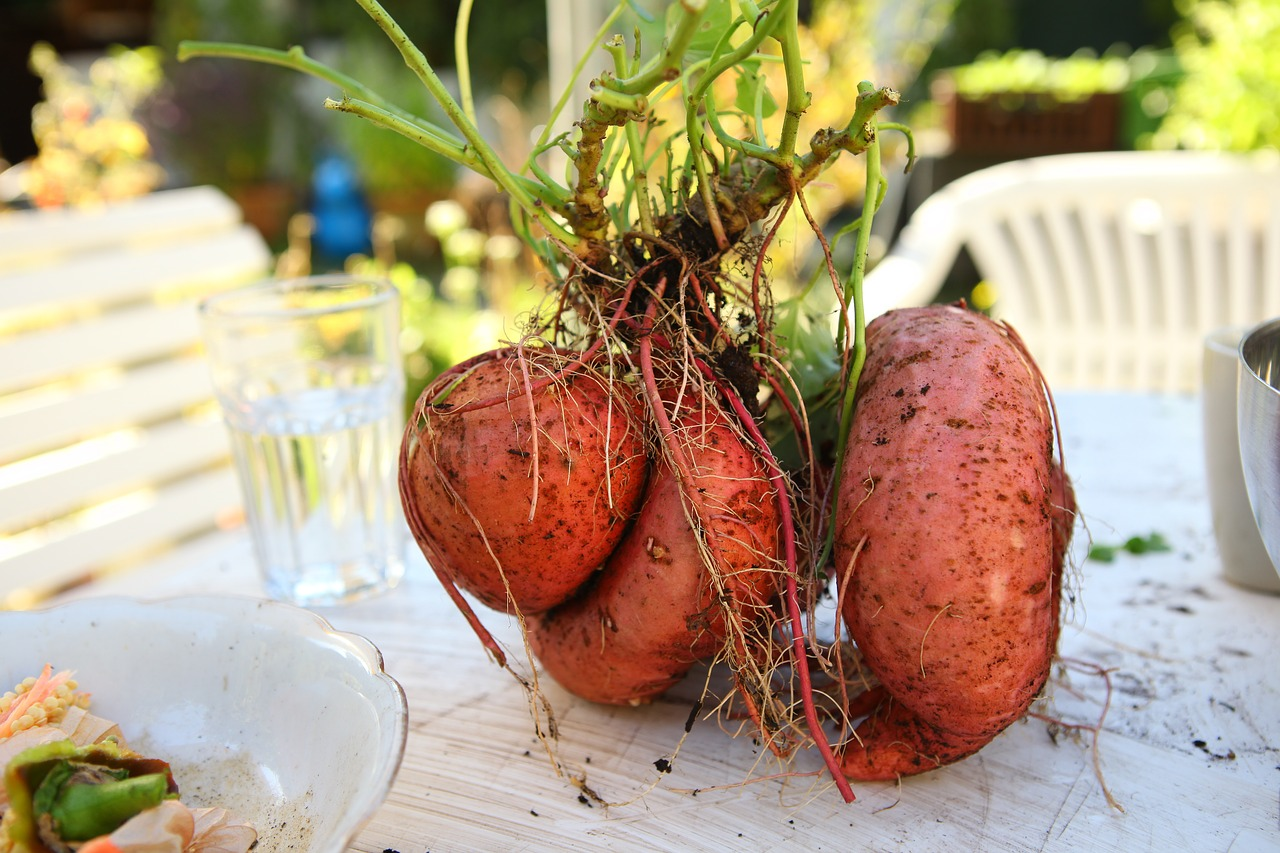
Growing Sweet Potatoes: Tips on Cultivation & Companion Plants
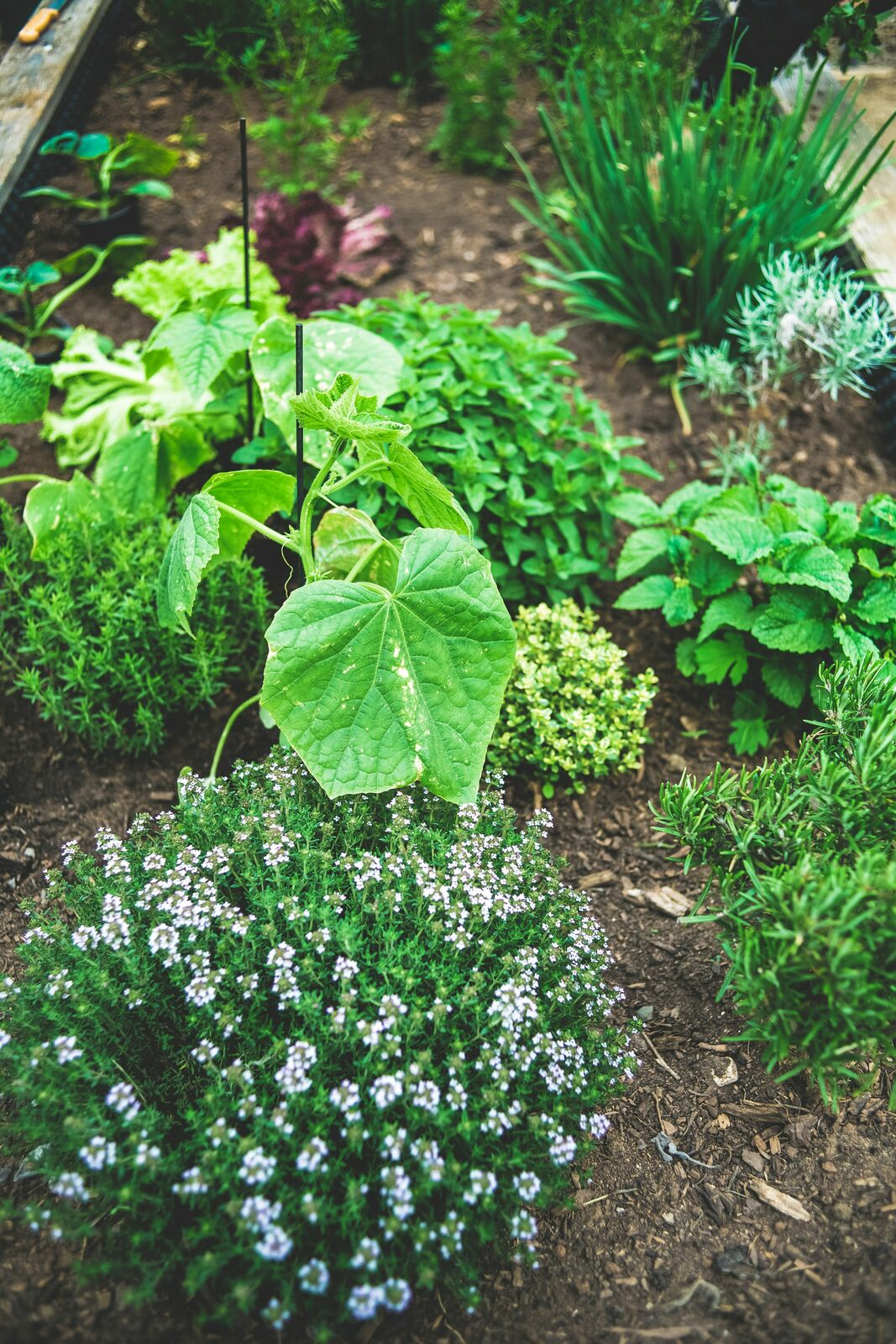
Companion Plants for Kitchen Herbs: Chives, Parsley & Co
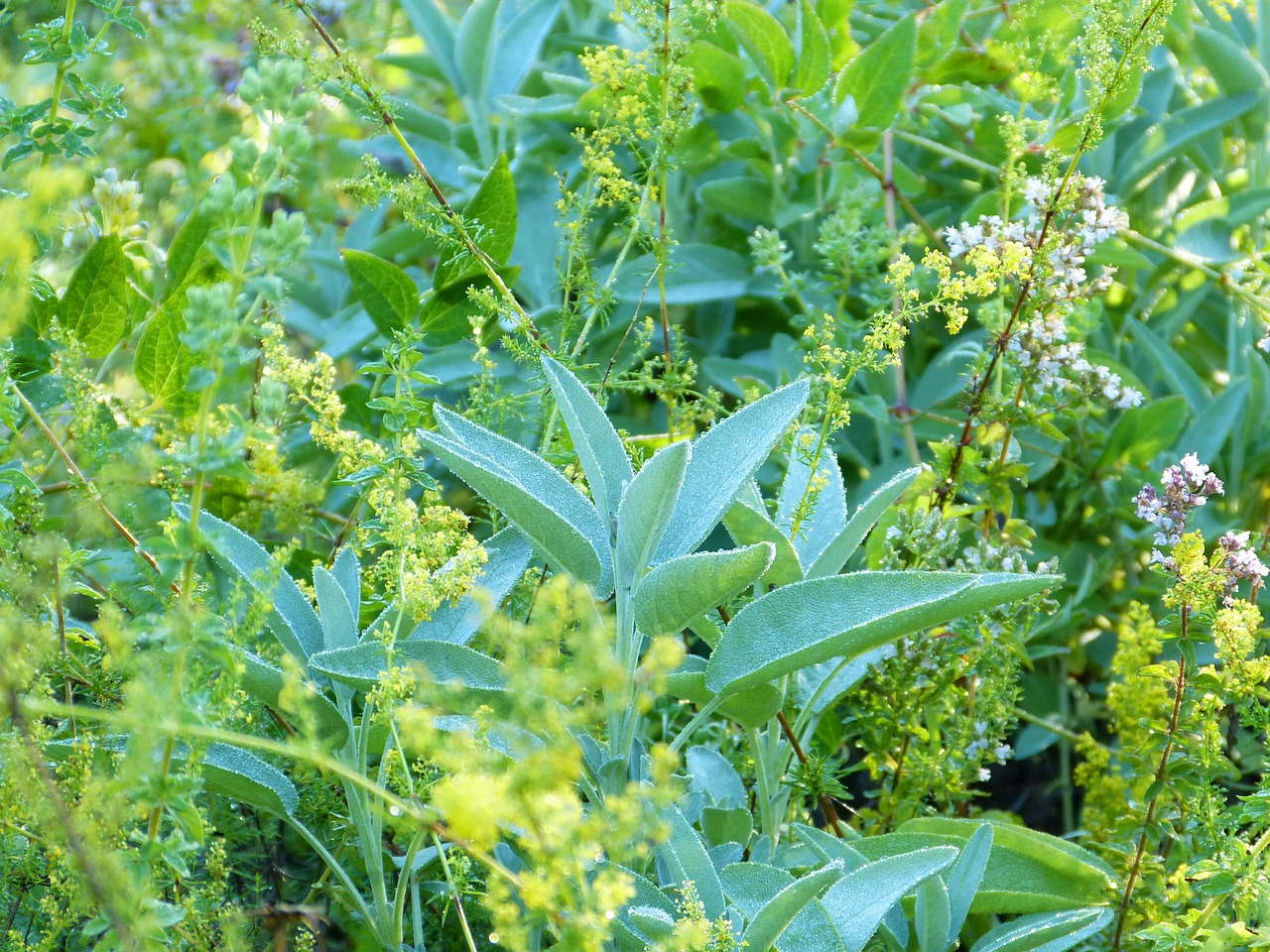
What Herbs Can Be Planted Together?
FAQ
Compost tea is a cold water extract made from compost or earthworm humus. This tea is therefore rich in nutrients, humic acids and effective microorganisms that promote plant growth and health.
What can you use compost tea for in the garden?
You can use compost tea in a variety of ways in the garden. On the one hand to improve the soil. On the other hand, to strengthen plants and prevent fungal diseases. Compost tea is also suitable as a fertilizer.
To make compost tea, mix about 1 liter of compost with 10 liters of water. Leave the mixture to infuse for 2 to 3 hours, stirring several times. Then it's ready to use!
Does compost tea help against fungal diseases?
Compost tea is an effective means of preventing fungal diseases such as mildew, gray mold and late blight. It therefore has the potential to reduce the use of fungicides.